How Manufacturers in India Can Leverage Environmental Product Declarations
Helping India’s building product manufacturers prepare for a low-carbon future.
Cement and concrete are fundamental ingredients for modern life. 30 billion tons of concrete are poured every year to build the roads, bridges, and buildings that drive the global economy. The concrete industry is also a major contributor to climate change, comprising 8% of annual global emissions.
A key barrier precluding market transformation in the concrete industry is a lack of alignment amongst key value chain stakeholders. To address this gap, RMI, the Natural Resources Defense Council (NRDC), and the National Ready-mixed Concrete Association (NRMCA), in collaboration with the White House, have brought together key concrete industry stakeholders to identify actionable paths forward to decarbonize the US concrete and cement industry.
The Clean Concrete Pledge Initiative, hosted by RMI, offers a framework for collective action to deliver clean concrete at scale, driving down climate pollution and creating economic opportunity.

The Clean Concrete Pledge Initiative aligns concrete industry stakeholders from across the value chain around a set of key actions to decarbonize the sector. The pledges are organized into four key categories:
For Real Estate Developers, Owners, Public Agencies, And Departments Of Transportation.
For Real Estate Developers, Owners, Public Agencies, Departments Of Transportation, Ready-Mixed Concrete Suppliers, Emerging Technology Vendors, Pre-Cast Suppliers.
For Cement And/Or Ready-Mixed Concrete Companies
For All Stakeholders, Including Universities, Financial Institutions, And AEC Firms.
An inaugural group of 17 cities, states, real estate firms, and cement and ready-mixed concrete producers, representing some of the largest US buyers and suppliers of concrete, pledged to take specific actions to decarbonize the concrete industry. Pledges were designed to align with existing standards and efforts, such as the ACI low-carbon concrete code and the First Mover's Coalition.
We invite stakeholders to review the pledges and join the pledge community as we grow the group and build a lasting collaborative to move the industry forward.
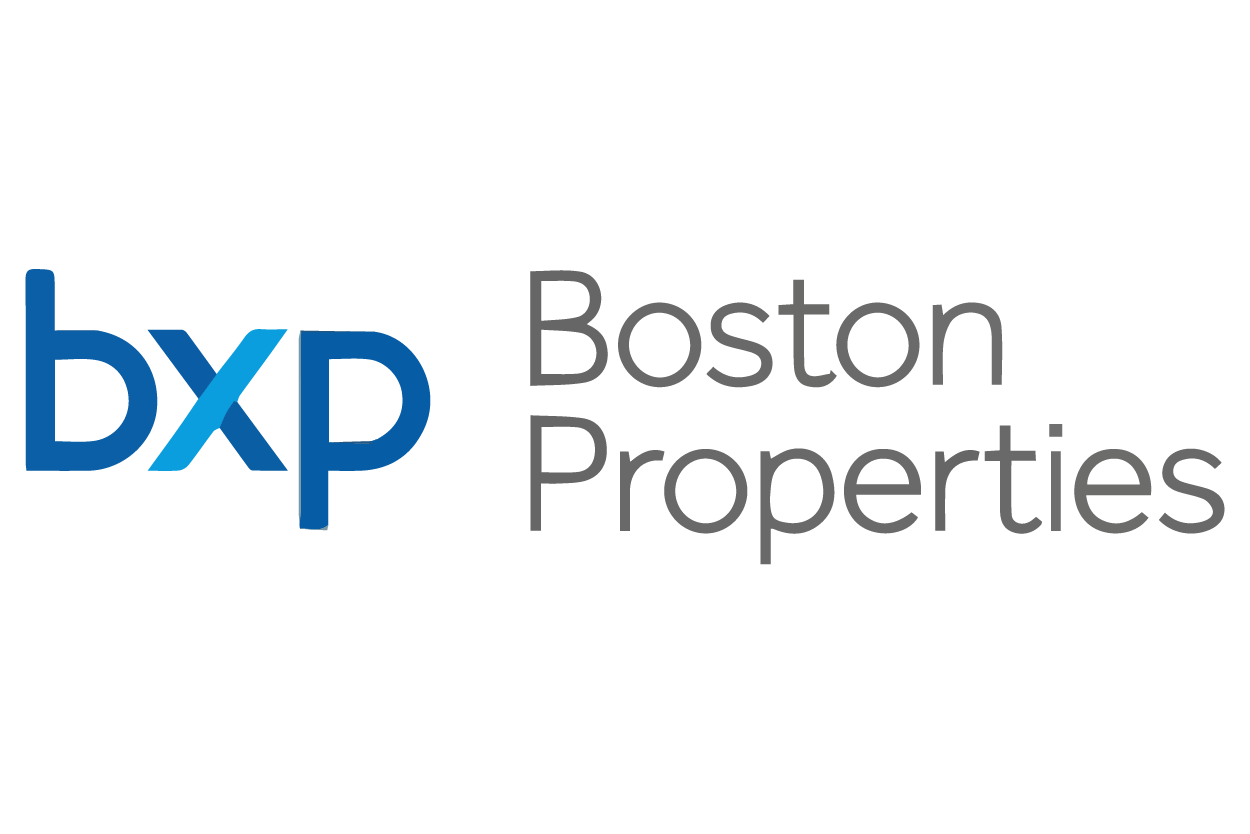

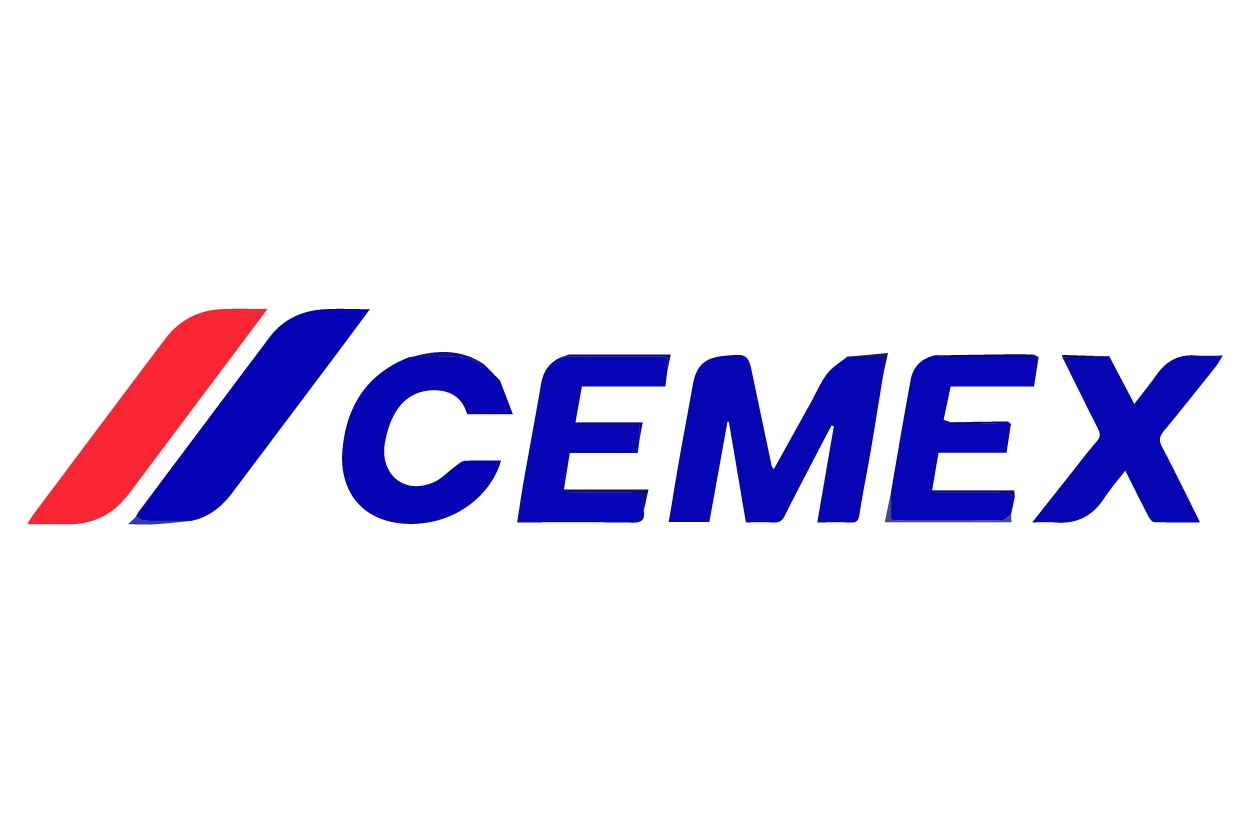


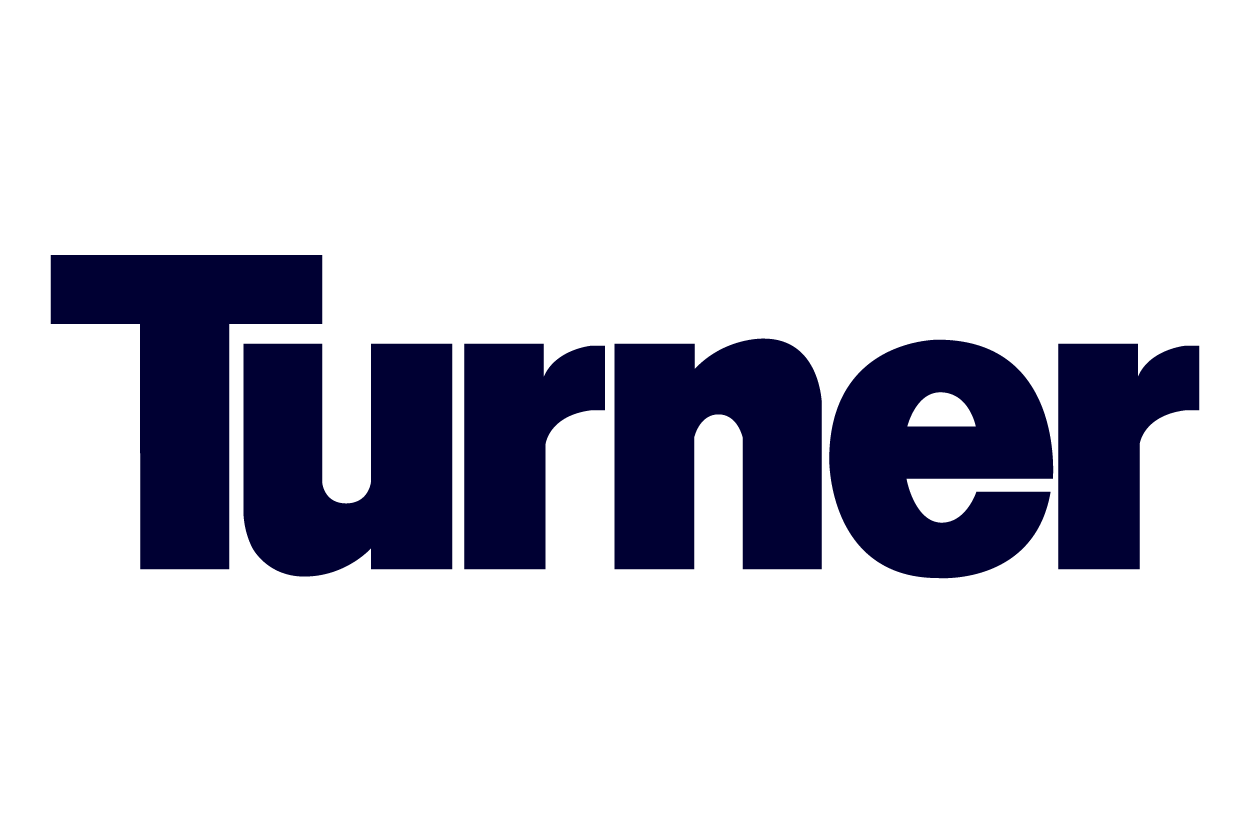


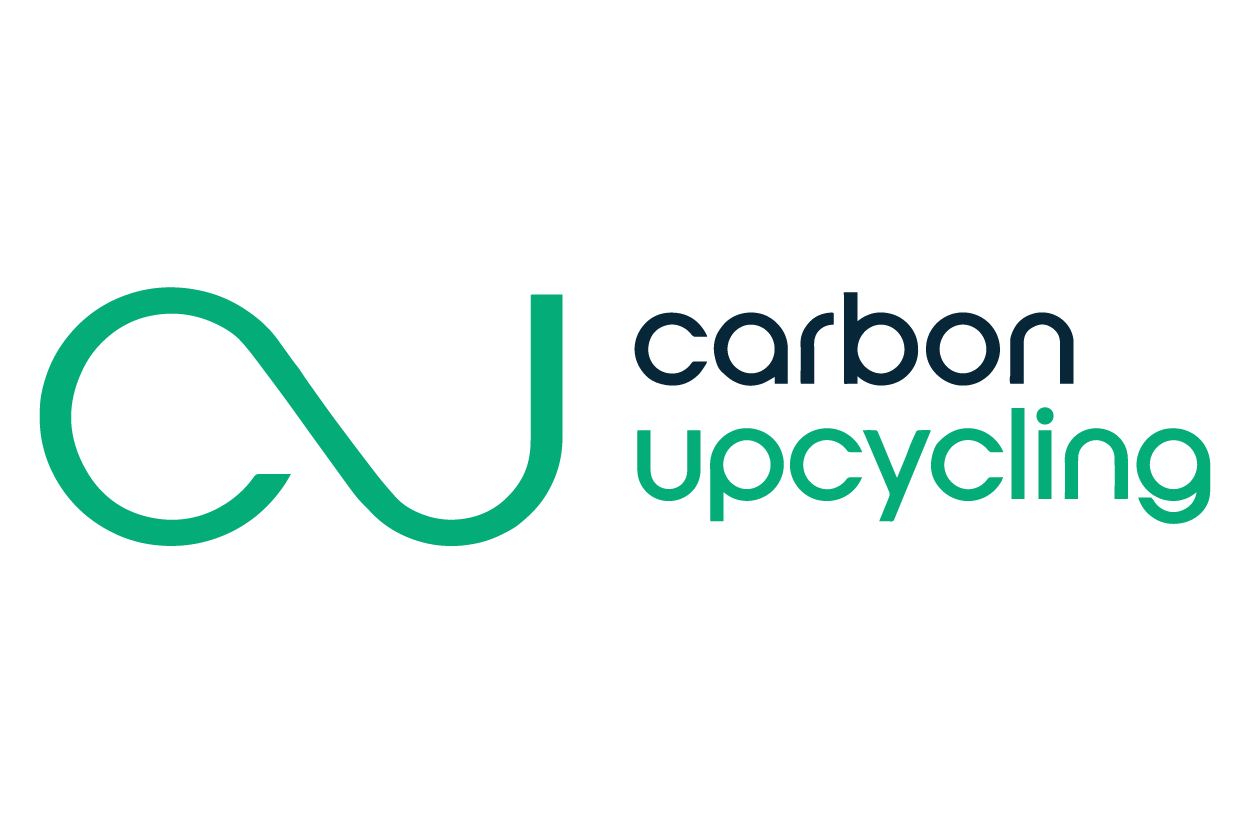
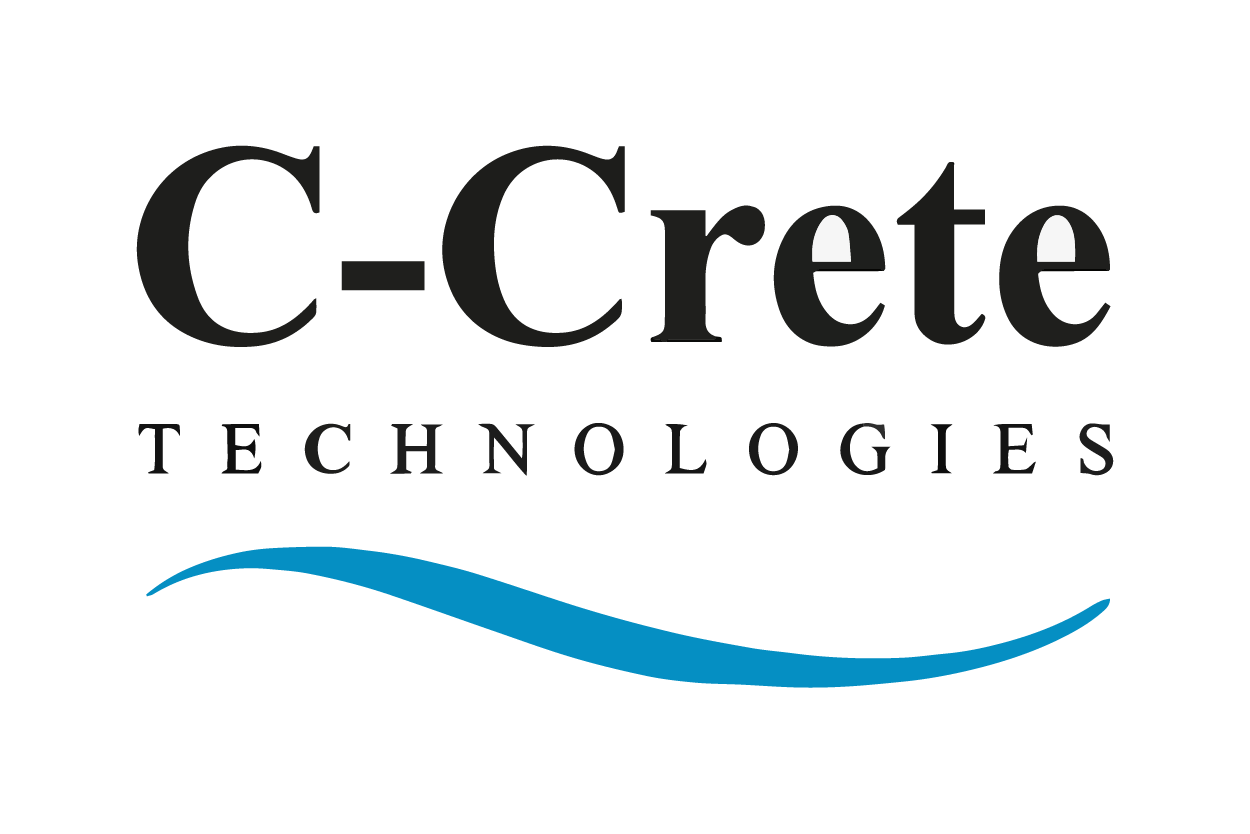

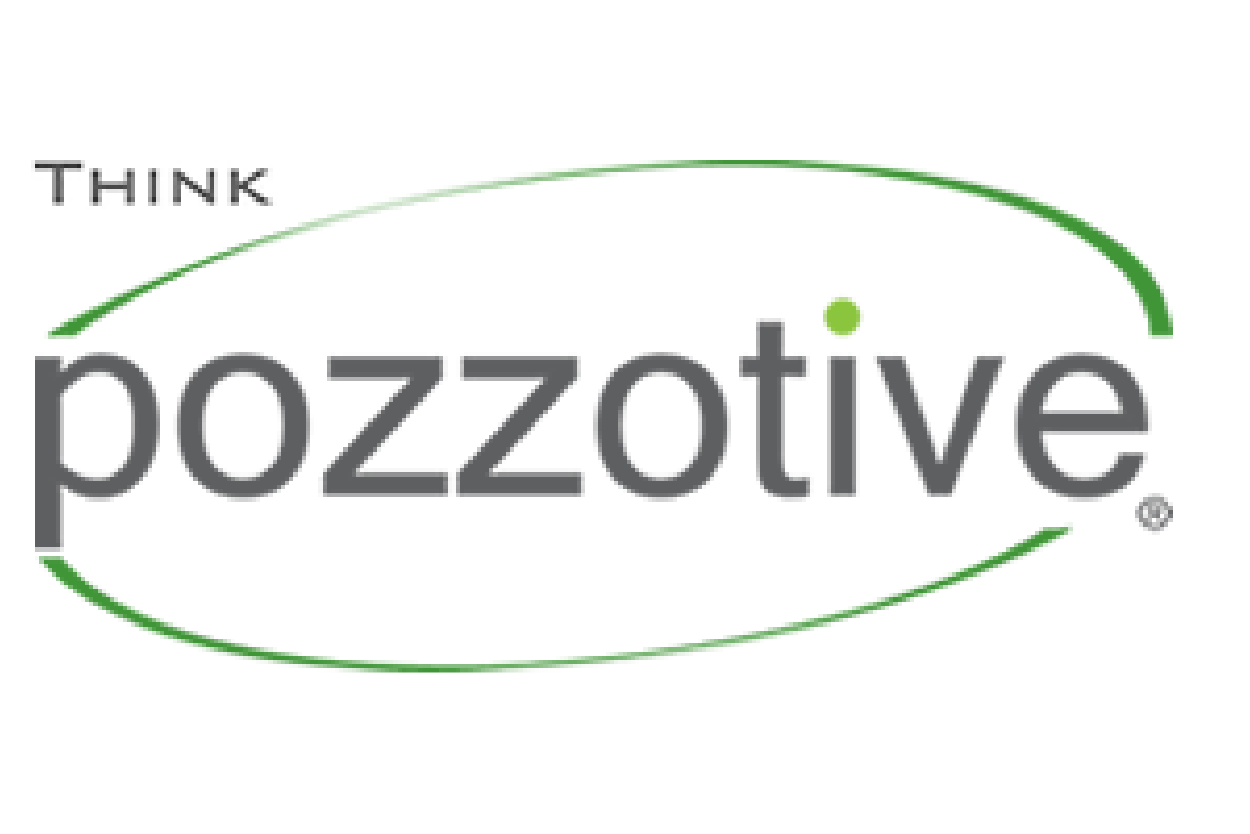

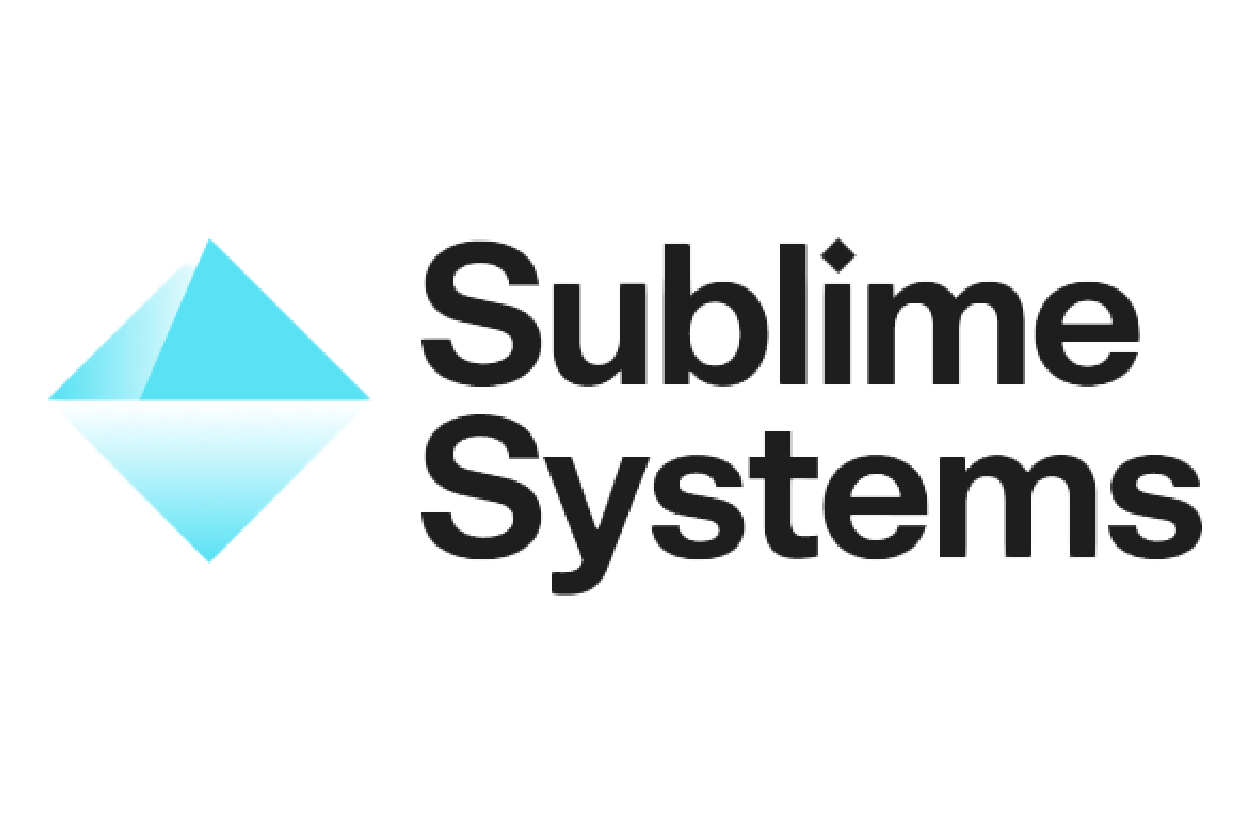
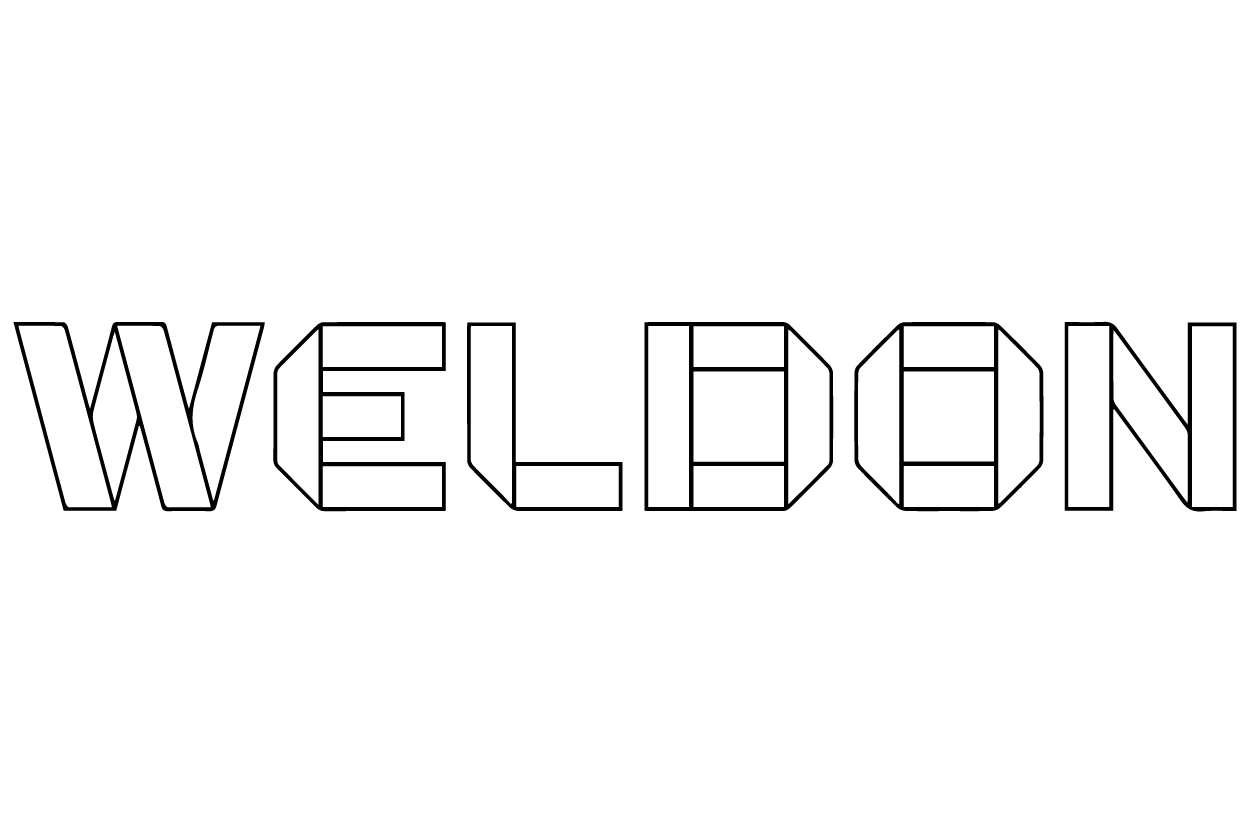

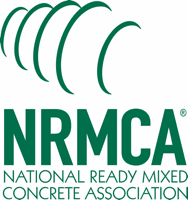
Helping India’s building product manufacturers prepare for a low-carbon future.
Learn why LC3 is the cement industry's key to achieving sustainability and business goals such as reduced emissions and improved cost-efficiency.
Suggestions for stakeholder roles and test options to trial PSS on a next project
An RMI and Microsoft co-authored report that analyzes book and claim’s potential to support the lower-carbon steel and concrete markets.
How state departments of transportation can leverage the federal government’s $1.2 billion Low Carbon Transportation Materials (LCTM) program.
In recent years, state Departments of Transportation across the United States have made progress to reduce the embodied carbon impact of concrete construction by deploying high-performance concrete mixes.
Buy Clean and Beyond: RMI’s Guide to Reaching Net-Zero Embodied Carbon in State-Owned Building Projects
RMI’s insight brief provides a one-stop shop for understanding the landscape of emerging technologies to decarbonize concrete and cement.
White House announced “Buy Clean” recommendations that will advance green building materials procurement for federal building and transportation projects.
A Q&A with Dr. Wil Srubar of the University of Colorado Boulder
RMI Releases a Guide on How to Reduce Emissions from Concrete.
A user-friendly overview of proven and scalable solutions to reduce concrete’s contribution to climate change.
Make a pledge to join our initiative